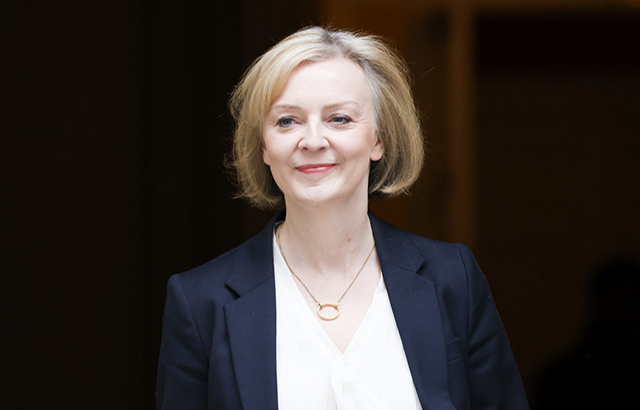Just an hour after International Adviser’s article on the unlikeliness of the 10.1% uprating to the state pension, Liz Truss announced in the House of Commons that the triple lock will be going ahead.
The UK prime minister was asked during Prime Minister’s Questions on 19 October whether she would break the triple lock promise and confirmed it would not be downgraded to a pensions double lock.
Truss said: “We have been clear in our manifesto that we will maintain a triple lock and I am completely committed to it, and so is the chancellor.”
This comes as rumours circulated that newly appointed chancellor Jeremy Hunt was set to abandon the triple lock for the second year in a row.
However, Truss’ commitment to the triple lock means that retirees could see their state pension boosted by a whopping 10.1% in 2023/24. The increase would be in line with September’s Consumer Prices Index (CPI) inflation figure of 10.1%.
Under triple lock rules, state pensions increase every year according to inflation, earnings or 2.5% whichever is highest. Wage growth figures for May-to-July 2022 came in at 5.5%.
AJ Bell said that increasing the state pension by inflation rather than average earnings would cost the chancellor an estimated £4bn-£5bn ($5.63bn, €5.74bn).
Double U-turn
Andrew Megson, chief executive of My Pension Expert, said: “On the surface, Liz Truss reaffirming her commitment to the triple lock will be very welcome news for all those with a state pension. However, pension planners will likely view this announcement with some scepticism.
“The PM is performing U-turn upon U-turn. It’s impossible to keep up or predict what will happen next. Only time will tell whether this commitment will come to fruition. So, many will be looking to the chancellor’s next fiscal statement on 31 October to provide more clarity in this regard.”
Jon Greer, head of retirement policy at Quilter, added: “The government appear to be struggling to have a committed stance on the triple lock uprate in pensions, with Liz Truss now claiming pensions will rise by inflation. Given the sums involved it is ripe for the chopping block for a chancellor who has made it clear that spending cuts are going to be required if we are to balance the books.
“Clearly this isn’t palatable for Liz Truss and she will be acutely aware of the political consequences this has for a Conservative Party that has traditionally relied upon the older vote.
“There are fears though that by sticking with the triple lock and raising the state pension in line with inflation, further intergenerational inequality will be created. Inflation is now running at almost double the earnings growth of working people, and during a cost-of-living crisis this will have a considerable impact on the finances of those people who are already struggling.
“That said, there are also a vast number of pensioners facing some difficult decisions this winter and have no choice but to be beholden to decisions made by the state, whereas working people can more easily influence their own earnings. Many pensioners need and will welcome a rise by inflation, provided the policy is not brought back into scope for cutting.
“What is clear is that the triple lock does not work for everyone, and perhaps it may be time to assess whether there is a fairer way to raise the state pension while preventing more people slipping into the poverty net and having to choose between heating or eating.
“The intransigence on suggested changes to the pension uprating mechanism, such as those put forward by the Work and Pensions select committee to replace the triple lock with an earnings link with allowance for periods of high inflation – some six years ago now – has exacerbated this political headache.”








